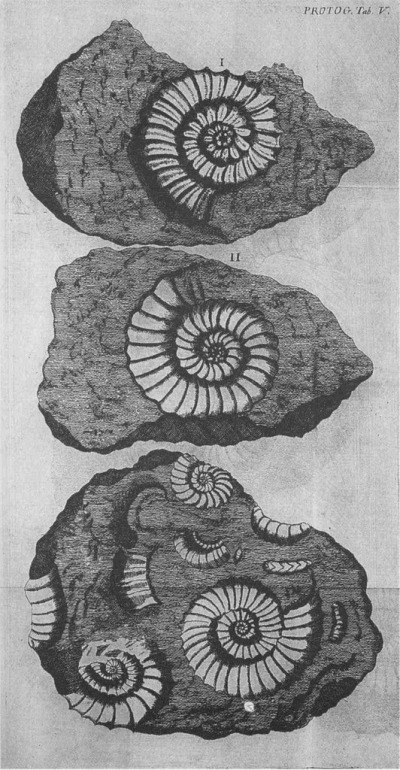Justin E. H. Smith in Extinct:
 Gottfried Wilhelm Leibniz never finished the principal task assigned to him by his boss, Georg Ludwig, Elector of Hanover. When the latter became King of England in 1704 –the beginning of the ‘Hanoverian usurpation’ that still enjoys some sort of power in the United Kingdom and some of its former possessions–, Leibniz, the delinquent court genealogist, was not invited to join him, as he had hoped. Instead he was made to stay behind, in the expectation that he would finally complete his long overdue history of the medieval origins of Georg Ludwig’s own Guelf family, and of their distant union with the Italian Este dynasty: a forgotten alliance that, once reestablished, might yield up validation for new territorial claims.
Gottfried Wilhelm Leibniz never finished the principal task assigned to him by his boss, Georg Ludwig, Elector of Hanover. When the latter became King of England in 1704 –the beginning of the ‘Hanoverian usurpation’ that still enjoys some sort of power in the United Kingdom and some of its former possessions–, Leibniz, the delinquent court genealogist, was not invited to join him, as he had hoped. Instead he was made to stay behind, in the expectation that he would finally complete his long overdue history of the medieval origins of Georg Ludwig’s own Guelf family, and of their distant union with the Italian Este dynasty: a forgotten alliance that, once reestablished, might yield up validation for new territorial claims.
Leibniz’s principal excuse for taking so long was, he felt, that in order to write a history properly one must begin at the beginning. And he understood this in the most rigorous sense possible: not the beginning of the Guelfs, nor even of humanity, but that of the continents, oceans, and mountains, and the several curiosities discovered within them. Any true history, Leibniz thought, is big history. And thus by the early 1690s, after several years of largely unsuccessful mine-engineering projects in the Harz Mountains, the philosopher set about writing what would come to be called the Protogaea, a text that may rightly be seen as the first instalment in the planned history of his employer’s ancestors.
More here.
